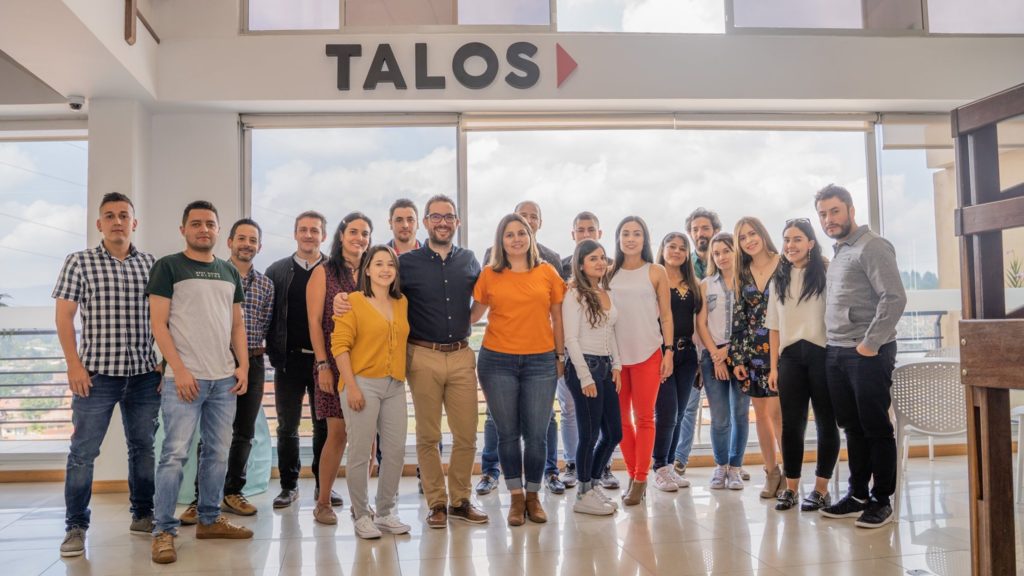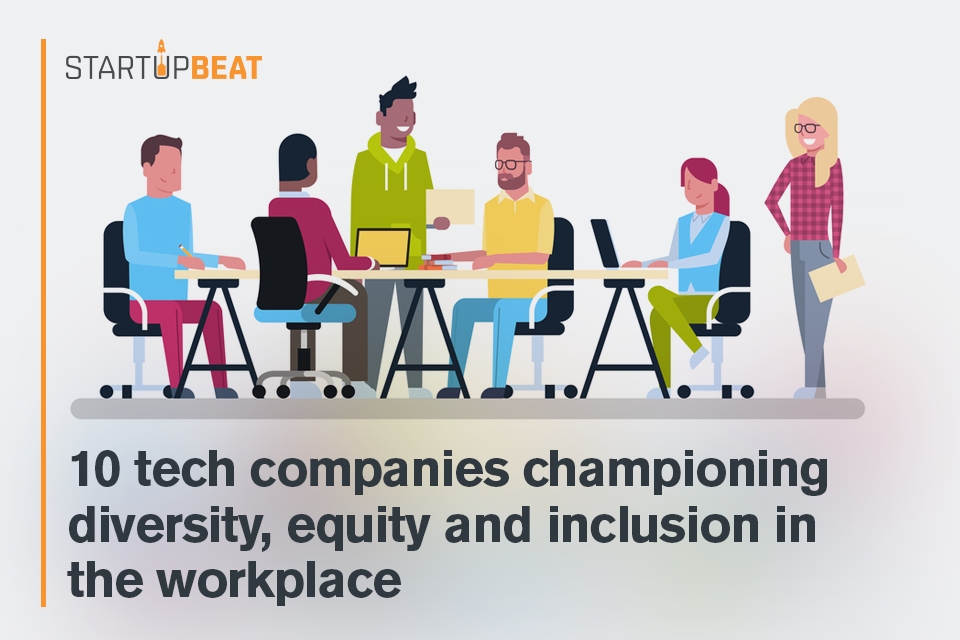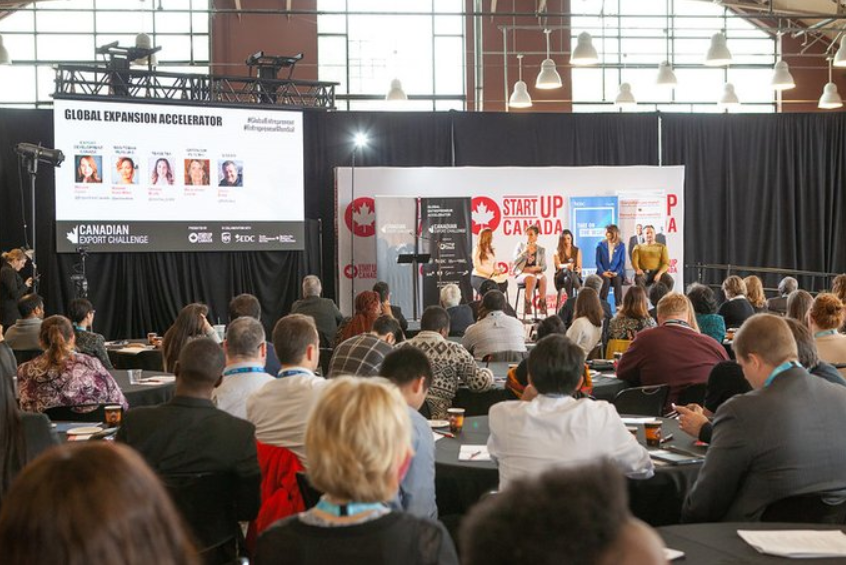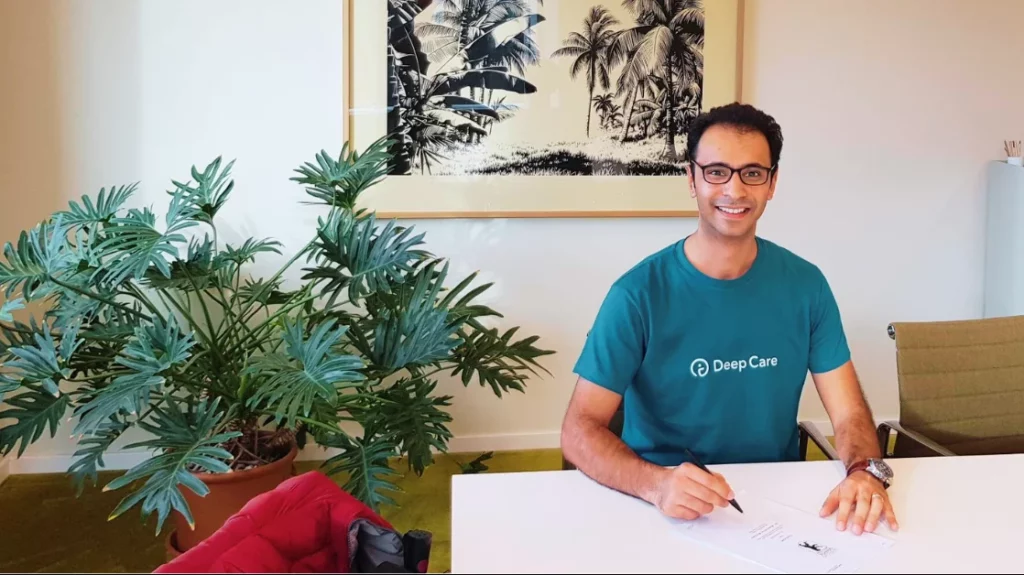The corporate tech sector is notorious for its lack of diversity. According to U.S. Labor Department statistics from 2019, less than 1% of all employees at U.S. software companies are Black.
A 2019 report by the Center for Talent Innovation outlines that Black professionals had held just 3.3% of all senior or executive leadership roles in the U.S. the previous year.
Women are also still grossly underrepresented in the tech industry, averaging 34.4% of the workforce across big tech companies like Amazon, Google, Apple, Facebook and Microsoft, according to Statista.
And when it comes to women of color, these statistics drop sharply. Data from tech news outlet Built In, for example, shows that just 3% of computing jobs are occupied by African-American women, 6% by Asian women, and 2% by Latinx women.
2020, however, has marked a notable renewed focus on diversity, equity and inclusion as the COVID-19 pandemic continues to expose inequalities such as unequal access to healthcare and education across the globe.
Resistance to systemic racism and police brutality has also come to a head during the pandemic, triggered by the killing of Black American George Floyd at the hands of a white policeman, suspected of murder. As a result, the Black Lives Matter movement is well on its way to becoming the largest social movement in U.S. history.
This environment of resistance has also prompted an outpouring of statements of allyship to the Black Lives Matter movement in the workplace from tech companies and corporates across the world.
With this in mind, we’ve made a list of 10 tech companies who are committed to championing diversity, equity and inclusion in 2020.
1. Remitly
Last year, Seattle-based fintech Remitly appointed Kim Vu, a new head of diversity, equity and inclusion, who has taken charge of the company’s pledge to support racial justice.
This year, the company’s CEO Matt Oppenheimer implemented an in-house program that will match employee donations to racial justice organizations for the value of up to $25,000, claiming that it is down to privileged communities to do the work to dismantle racism.

Alongside this, the company provides a micro-learning tool called Crescendo, which delivers individually-focused learning content via Slack each week, focused on topics such as allyship to the Black Lives Matter movement.
Through organizations such as Afrotech and Future for Us, Remitly aims to elevate its Black employees by providing them with opportunities to network, develop and connect with people of color in the tech community.
2. PitchMe
UK-based talent marketplace PitchMe is a tool for development and job searching.
Using just a few links from relevant online sources about candidates looking to apply for jobs, PitchMe pulls information and creates a digital professional identity for them, as opposed to using the traditional CV method.
The company’s objective — to find jobs for anyone with a relevant skill set, regardless of their age, gender, educational background and employment history — is in itself built around diversity, inclusion and equity.
By presenting candidates’ digital identities using the SmartMe Profile, this helps even the balance of candidates, encouraging people from all kinds of different backgrounds to apply.
The SmartMe profile also uses anonymous and objective profiling to match employers with jobs that best fit their needs, ensuring the process is as inclusive as possible.
3. GitLab
Open source developer collaboration service Gitlab claims that diversity, inclusion and belonging is “fundamental” to its success.
The startup aims to foster a diverse and inclusive environment by spearheading diversity-focused recruitment initiatives, ensuring the team uses inclusive language, and launching a global diversity, inclusion and belonging advisory group to assist with implementing company strategies, policies and initiatives.
The San Francisco-based tech company also offers training on inclusion, allyship, understanding unconscious bias and inclusive leadership practices.
For female employees, Gitlab offers inclusive benefits for pregnancy and maternity care, and introduced gender diversity-focused performance indicators to guide its hiring process.

Thesis Couture is a tech-driven startup making heeled shoes for women, which claim to be the world’s most comfortable high heel.
Founded by CEO Dolly Singh in 2013, the company’s mission was to make a shoe to empower professional women to continue going about their day-to-day using wearable footwear.
“We know that diversity is the essence of innovation,” CEO Singh has said in the past, referring to the cognitive diversity that characterizes her team, which consists of an astronaut, a rocket scientist, an orthopedic surgeon, MIT alumni and Italian shoemakers.
Thesis Couture is a portfolio company of the Silicon Valley incubator, the Founder Institute, which focuses on building diverse companies, and propelling female founders in technology startups. Founder Institute also offers an internship for Black American Founders building startups in the U.S.
Global development and software solutions startup Talos Digital has teams in the U.S, Colombia and Canada, which creates a melting pot of different cultures and nationalities at the company for employees to learn from and work with.
Encouraging a diverse community and culture is extremely important to Talos, which prioritizes the promotion of female members of staff such as COO Alexandra Olteanu, with a view to increasing the number of women in the tech industry.

And when it comes to applying to work at Talos, the startup encourages a wide spectrum of applicants from diverse backgrounds to apply, and does not discriminate based on their knowledge of programming languages, as Talos provides in-house training for the programs it uses.
6. Drift
U.S.-based revenue Acceleration platform Drift was founded by Latinx CEO David Cancel in 2015, and since then has placed an important focus on diversity, equity and inclusion.

In 2018, Drift was named one of the leading companies for diversity by Comparably, which monitors the job market for the best careers and companies.
The company’s former DE&I business partner, Kiera Penpeci had been working to ensure that Drift sticks with this focus since 2019, by fostering inclusion through grassroots movements.
Penpeci oversaw the launch of eight employee resource groups for underrepresented demographics, which Drift uses to drive individual employee development and governance.
In 2020, Drift took an active role in publicly declaring allyship to the Black Lives Matter movement, and partnering up with other startups to organize a webinar on anti-racism in the tech industry.
Puerto Rico-based health insurance tech startup Abartys Health was co-founded in 2015 by two women, Lauren Cascio and Dolmarie Mendez, who were both single mothers at the time.

and Dolmarie Mendez.
Because of the challenges they both personally faced as women in the tech industry, they are strong advocates for gender diversity in their team and promoting female employees to leadership positions within the company.
“Sometimes we are underestimated because we are women in tech, not only tech but healthcare, which is a very serious industry,” the pair told Peru Reports in 2018.
Cascio and Mendez also advocate for an inclusive and flexible working environment, especially for new, young parents at Abartys Health. They believe that startups and SMEs can afford the agility and flexibility that larger companies often can’t.
“We understand that our work and parental duties will often overlap,” they said in an interview with Brazil Reports in 2018. “It is common for us to work remotely, schedule calls and meetings while on vacation, and bring our kids into the office. It is rewarding to extend this flexibility throughout our organization; we believe this peace of mind is crucial to the well-being of the company and our families.
For IT company Smartbear Software, diversity and inclusion is a “top priority.”
From encouraging female staff members to take part in the Women in Technology group — which aims to create an open environment of empowerment for women at the company — to honoring Black History Month with panel discussions this year on people of color in the technology industry, the company aims to generate “open, respectful and educational dialogue about identity in the workplace.”

9. Auquan
Data Science service platform Auquan provides machine learning solutions for finance companies and asset managers.

The startup aims to engage people from diverse backgrounds to apply the skills from their respective fields to develop high quality trading strategies and algorithms.
Auquan was founded by Chandini Jain, who is also its CEO. Jain has extensive experience in finance, and was educated at the Indian Institute of Technology in Kanpur, India. She began her career at Deutsche Bank, in Mumbai, and went on to work at the University of Illinois, then as a trader in the Netherlands before founding Auquan.
10. Charlie
Finally, UK-based HR software company for small businesses Charlie HR is championing gender diversity, boasting a 50/50 gender split in its staff members, which is almost unheard of in the tech industry.
Female employees at Charlie HR also occupy senior positions or ones of leadership, with Amy Cowpe as the chief of staff, and Sara Nazzari as a senior product manager.
According to tech recruitment startup Ottwa, Charlie HR is one of only three London-based startups that have achieved an equal split of men and women on their teams.
Disclosure: this article includes a client of an ESPACIO portfolio company











